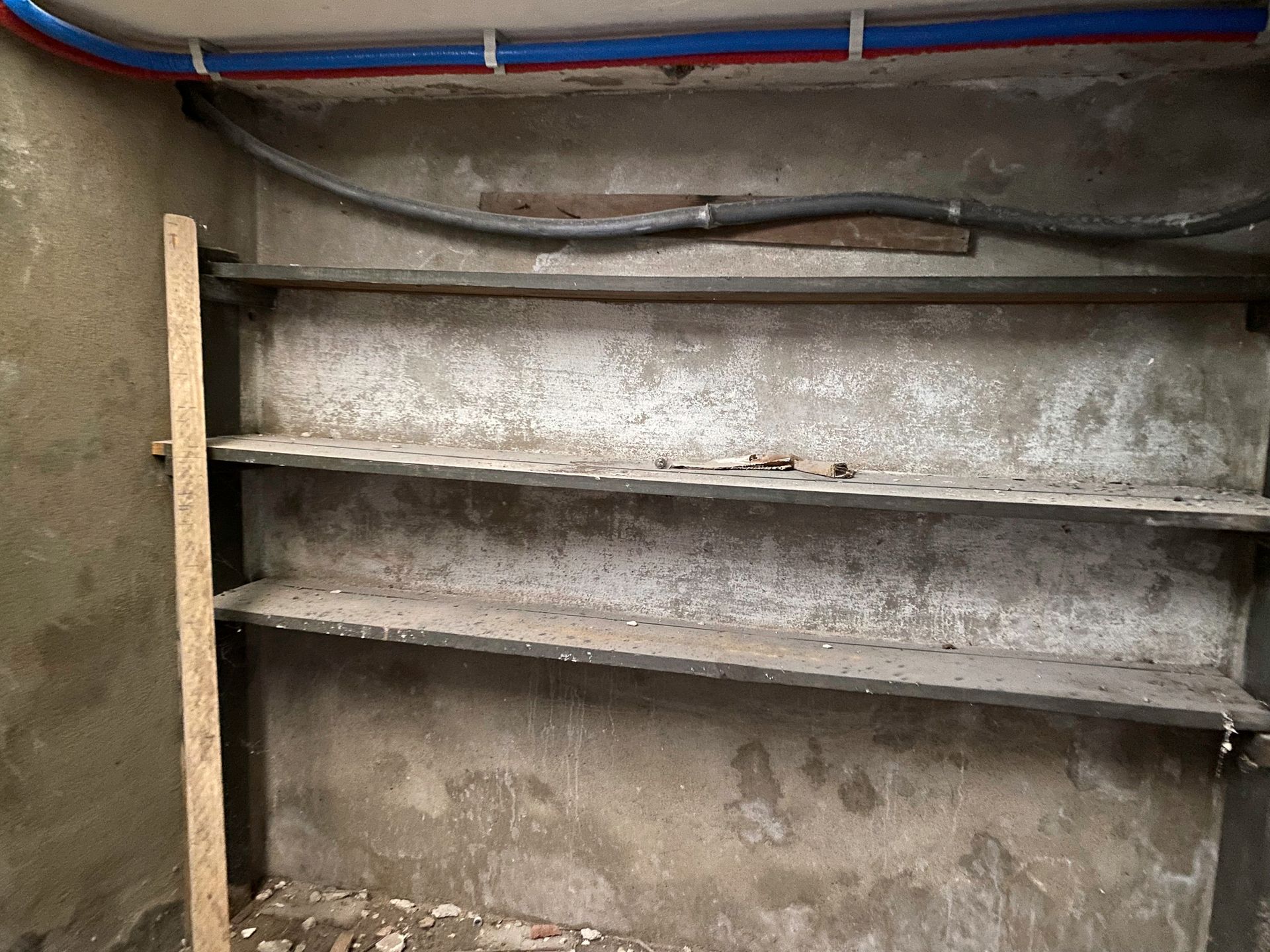Best Practices to Inspect Foundation: Costs, Tips, and Tools
Regularly inspecting your foundation helps you catch issues early and maintain your home’s structural integrity. Learn how to perform inspections, recognize common problems, understand costs, and when to call a professional to inspect the foundation.
Key Takeaways
- Regular foundation inspections are essential for early detection of structural issues, which can prevent costly repairs and ensure occupant safety.
- Common signs of foundation problems include cracks in walls and floors, uneven floors, and sticking doors or windows; identifying these signs early is crucial.
- Homeowners should consider both DIY inspections and professional evaluations to effectively maintain their foundation’s integrity and safety.
Importance of Foundation Inspections
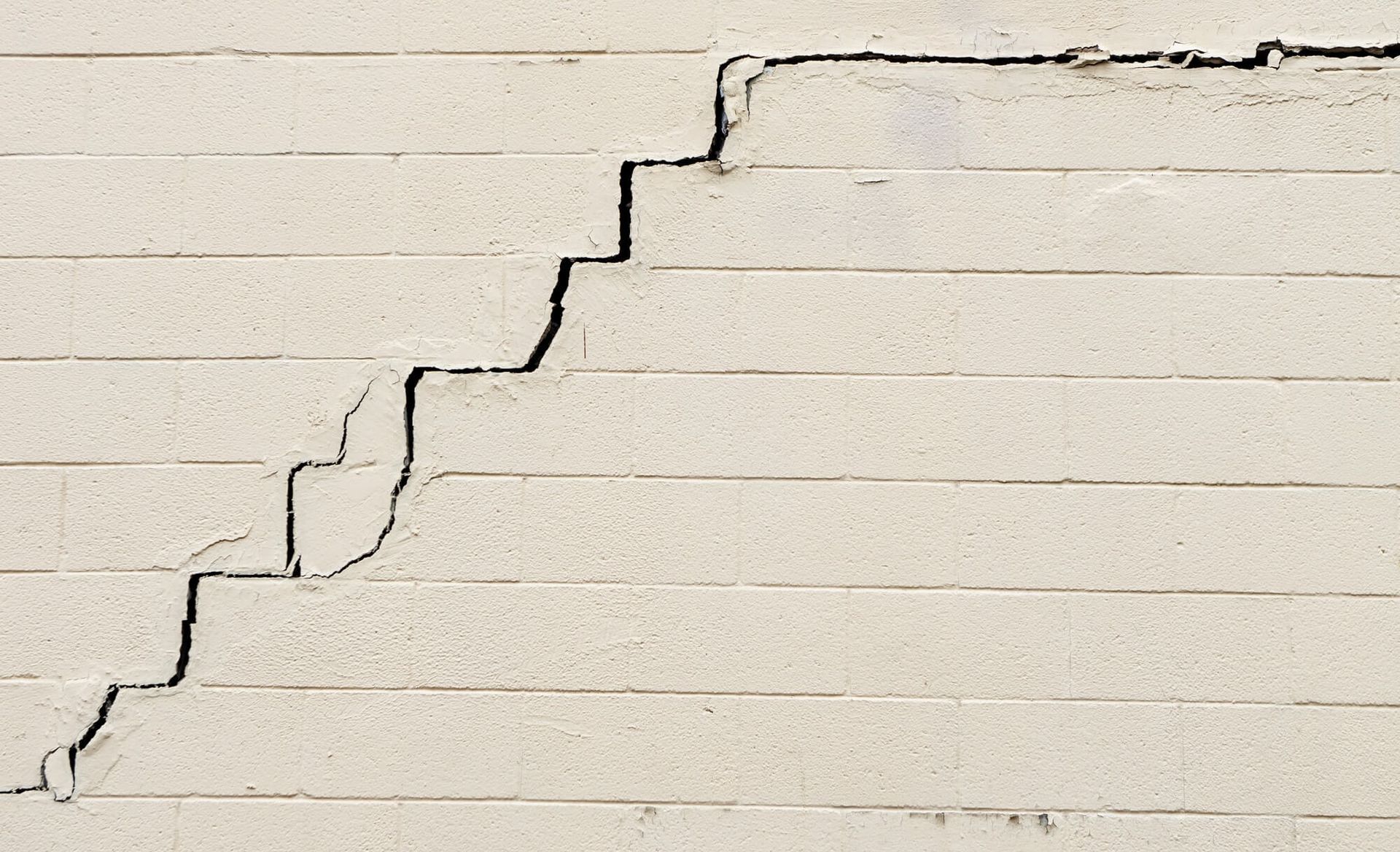
Foundation inspections are crucial for home maintenance, preventing severe damage, and maintaining structural integrity. Regular inspections detect foundation issues early, saving homeowners from expensive repairs and preserving property value. Early problem identification ensures a safe and stable living environment for all occupants.
Foundation inspections identify existing issues and prevent future problems. Regular checks help catch and address minor issues before they escalate. This proactive approach is crucial for maintaining the integrity of the home’s foundation and avoiding the stress and expense of major repairs. Additionally, utilizing foundation inspection services can enhance the effectiveness of these regular checks.
Understanding the importance of foundation inspections is crucial for home protection. We will explore how these inspections prevent structural damage, avoid expensive repairs, and ensure occupant safety.
Preventing Structural Damage
Foundation issues can lead to significant structural damage if not addressed promptly. Timely foundation repair maintains structural integrity and prevents further damage. Signs of potential structural damage include bowing walls, leaning chimneys, and gaps between walls and ceilings. Bowing walls, in particular, may indicate severe foundation problems that warrant immediate professional assessment. Regular foundation inspections can help identify these issues early, allowing homeowners to address them before they escalate into more serious problems.
Besides visual inspections, checking the roof and gutters for leaks ensures proper water drainage away from the foundation. Grading the ground away from the foundation prevents water accumulation.
If foundation damage is suspected, hiring a structural engineer for a professional evaluation and repair recommendations is essential. Early detection of problems protects homeowners’ investments and maintains structural integrity.
Avoiding Expensive Repairs
Identifying foundation problems early helps stay within budget. Unaddressed foundation problems worsen over time, leading to more severe and expensive damage. Inspections highlight potential problems early, saving homeowners from significant repairs and expenses. A small crack in the foundation wall can expand into major structural damage if left unattended, requiring costly repairs.
Regular foundation inspections identify and address issues early, helping homeowners avoid costly scenarios. Experienced professionals offer valuable insights and recommend minor repairs to prevent significant problems.
By investing in regular inspections, homeowners can save money and ensure their home’s foundation remains in good condition.
Ensuring Safety
Foundation issues threaten occupant safety, making inspections vital for securing the living environment. Addressing potential hazards through inspections ensures occupant safety.
A stable foundation ensures home safety and stability, with regular inspections identifying and mitigating risks before they escalate.
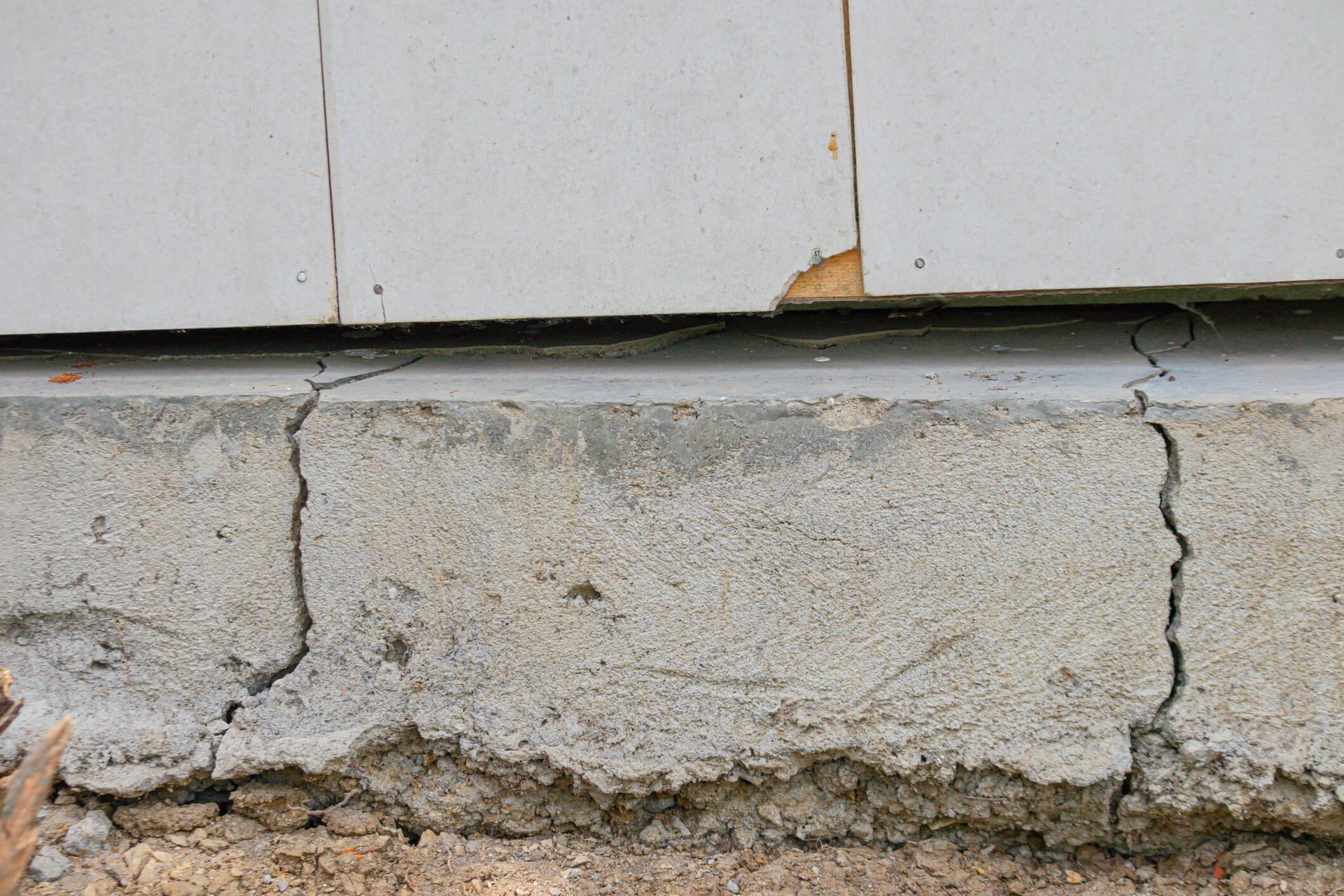
Common Signs of Foundation Problems
Identifying common foundation problem signs is key for early detection and prevention. Here are some common indicators of foundation issues:
- Cracks in walls and floors
- Uneven floors
- Sticking doors or windows
- Water infiltration
- Cracks in foundation walls or flooring
Regular foundation inspections can reveal these visible signs of damage, allowing homeowners to address them promptly.
Checking for efflorescence and other moisture signs indicating water intrusion in the foundation is essential. An interior check assesses for moisture signs like dampness or mold, especially in basements. A moisture meter helps detect hidden damp spots within interior walls and flooring.
Sticking doors or windows may indicate foundation shifts needing attention. We will explore these common signs in more detail.
Cracks in Foundation Walls
Three main types of cracks include vertical, horizontal, and hairline. Horizontal cracks often indicate serious foundation trouble and require prompt investigation. Vertical cracks typically indicate foundation settling and are usually not serious but can lead to water entry issues if unmanaged. Regular inspections reveal small cracks that may escalate into serious structural issues if unaddressed.
Understanding different types of cracks and their implications allows homeowners to take appropriate action. Foundation inspections identify cracks early, allowing for timely repairs and preventing further damage.
Uneven or Sloping Floors
Uneven or sloping floors may indicate underlying foundation movement needing investigation. Sloping or uneven floors suggest foundation shifts, leading to potential structural problems. Investigating uneven floors prevents escalating foundation issues and structural damage.
Regular inspections identify these issues early, allowing corrective action before problems worsen.
Sticking Doors and Windows
Difficulty operating doors and windows clearly indicates shifts in the home’s foundation. Difficulty opening or closing doors and windows signals a shifting foundation causing frame distortions. Keeping notes on foundation observations helps track changes and identify worsening issues.
Documenting new cracks or changes in the foundation over time identifies potential issues quickly. Maintaining a detailed record of foundation changes over time helps identify potential issues early.
Steps to Perform a DIY Foundation Inspection
DIY foundation inspections help homeowners identify minor damages early, preventing costly repairs later. Start a DIY foundation inspection with a thorough examination of both the exterior and interior of the property.
We will guide you through the steps to perform a comprehensive DIY foundation inspection, covering both the exterior and interior of your home. Following these steps helps homeowners understand their foundation’s condition and identify potential issues before they become major problems.
Regular DIY inspections complement professional ones, providing extra protection for your home’s foundation.
Exterior Examination
During an exterior inspection, check for bulging or leaning walls and cracks wider than 1/8 inch. Document cracks, discoloration, or bulging in the foundation walls. Ensure the ground slopes away from the foundation to prevent water pooling.
Ensure gutters and downspouts are unobstructed and direct water away from the foundation. These steps help identify visible foundation problems and take appropriate action.
Interior Check
Look for cracks in floors, walls, and ceilings indicating structural issues. Identify uneven or sloping floors suggesting foundation movement. Check door and window functionality; difficulty opening or closing can indicate foundation shifts.
Conducting an interior check identifies potential foundation issues not visible from the exterior. Thoroughly inspecting the interior helps catch early signs of foundation problems and address them promptly.
Monitoring Changes
Documenting foundation changes over time helps identify potential issues. Regular monitoring catches shifts or changes early, preventing larger problems. Consistent documentation and monitoring are crucial for maintaining foundation integrity and safety.
Homeowners can reduce inspection costs by preparing their property to enhance accessibility. Keeping a detailed record of foundation changes helps homeowners understand issue progression and take timely action.
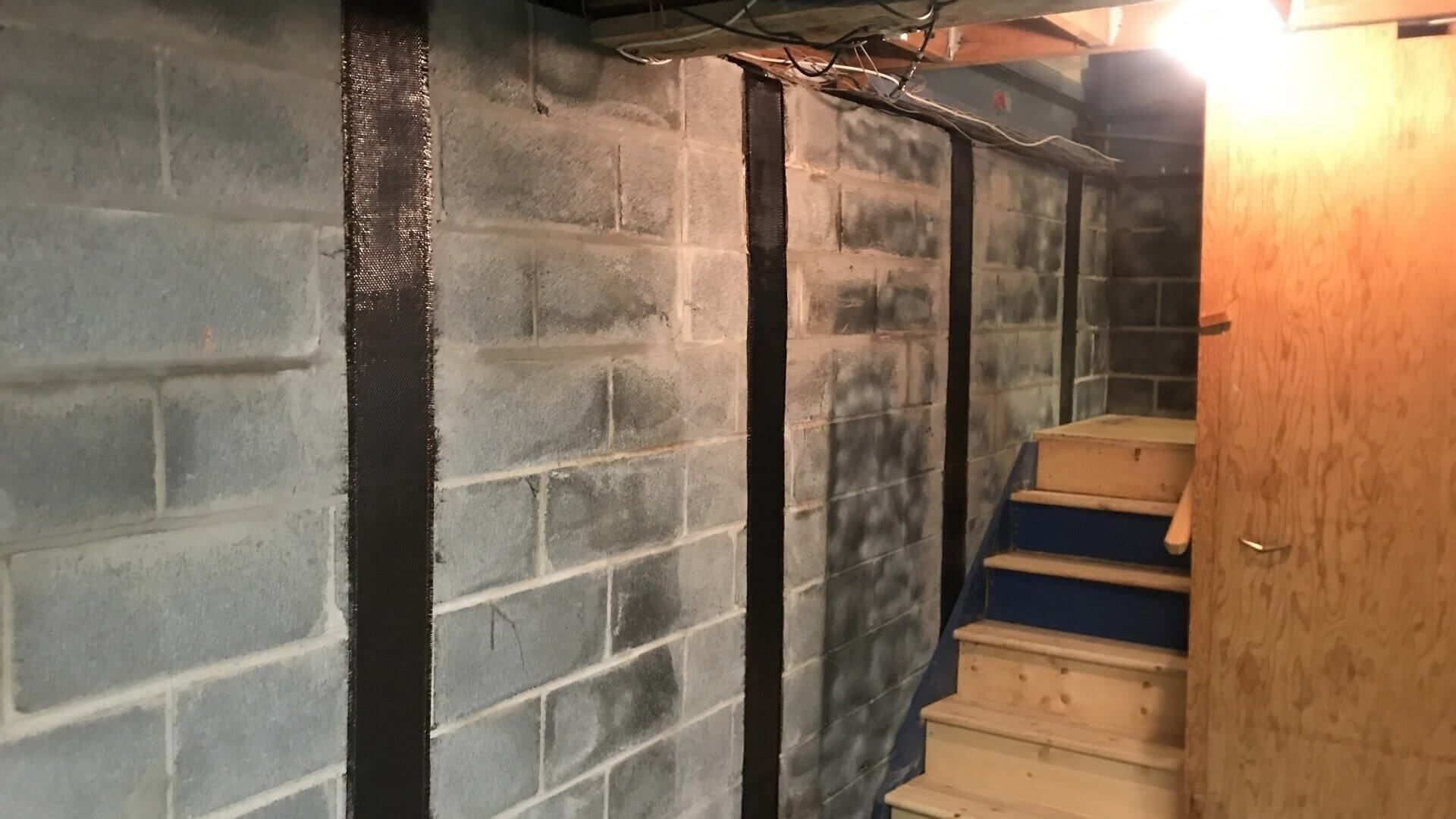
When to Call a Professional Foundation Inspector
DIY inspections are helpful, but professional help is sometimes necessary. Seek expert help if significant shifting or settling in the foundation is detected. Professional foundation inspections ensure the health and safety of the home and family. If horizontal foundation cracks or bowing walls are noticed, call an expert. Quickly address structural problems found during a foundation inspection.
Professional inspections save homeowners time, money, and stress by addressing issues early. We will discuss specific scenarios where calling a professional foundation inspector is essential.
Severe Cracking
Severe cracks often necessitate immediate consultation with a structural expert. Horizontal cracks indicate significant pressure on foundation walls and require immediate attention. Cracks in walls and floors are primary indicators of foundation issues, with significant cracks often needing professional evaluation. DIY repairs may save money but often lack the long-term effectiveness of professional methods.
Noticing severe cracking necessitates calling a professional to assess and address the issue promptly.
Major Structural Issues
Horizontal cracks in walls indicate potential cave-ins, posing a significant structural risk. Consider a professional inspection if cracks develop in the foundation.
Professional intervention is needed for major structural issues to ensure home safety and stability.
Regular Maintenance
Consider having a foundation inspection at least once every few years. Regular foundation maintenance is crucial for home longevity and prevents costly repairs.
Scheduling regular inspections ensures the foundation remains in good condition and addresses issues before they become major problems.
Professional Foundation Inspection Process
A professional foundation inspection thoroughly identifies and addresses foundation issues. The purpose of a foundation inspection is to find solutions for foundation issues. Expect thorough assessments during a foundation inspection service. Expect clear reports detailing the findings. Technicians provide a full inspection of the foundation during the process.
A home inspection assesses visible foundation conditions. Post-inspection recommendations are based on data-driven techniques. The typical duration for a standard foundation inspection is between one to two hours.
In the following subsections, we’ll break down the professional foundation inspection process into initial consultation, detailed assessment, and inspection report.
Initial Consultation
The initial consultation process involves scheduling an inspection with a qualified inspector who will assess the foundation’s condition. A typical foundation inspection takes between 1 to 3 hours to complete, depending on the complexity and size of the property. During this consultation, the inspector will gather preliminary information about the home’s history, any known foundation issues, and the homeowner’s concerns. This stage sets the foundation for a more detailed assessment, ensuring the inspector understands the scope of the inspection.
A structural engineer focuses on foundation issues, while a home inspector checks the whole house for surface problems. For instance, Dallas foundation inspectors often offer a lifetime limited warranty coverage and can inspect, adjust, or replace a pile and its associated bracket if there are concerns about foundation movement. This comprehensive evaluation ensures that all potential issues are identified and addressed during the inspection process.
Detailed Assessment
A typical foundation inspection involves a detailed assessment of the foundation’s condition, examining visible damage, assessing structural integrity, and evaluating risks like soil erosion or drainage issues. Additionally, many companies offer a free foundation inspection to help homeowners identify potential problems early.
Structural engineers inspect the entire house for potential problems and write a report with findings and recommendations.
This comprehensive evaluation covers:
- Cracks
- Floor levels
- Crawl spaces or basements
- Overall structural integrity
Experienced foundation inspectors provide an assessment of foundation’s condition and detection of settling or structural concerns, including free foundation inspections.
Dallas foundation inspectors assess signs of soil movement and may take specific measures to install steel piles designed to remain stable. The age of a property can influence inspection costs, as older homes often show more signs of wear and may require additional assessment.
This thorough assessment ensures that all potential issues are identified and addressed, providing homeowners with a clear understanding of their foundation’s condition.
Inspection Report
Before: The inspection report will include a summary of the condition of the foundation and identify any issues that were found during the assessment. The report should recommend necessary repairs or further evaluations if issues are observed during the inspection. Homeowners may receive advice on preventative measures to avoid future foundation problems, depending on the findings. Specific timelines for repairs may also be outlined in the report based on the severity of the issues.
After: The inspection report will include:
- A summary of the condition of the foundation
- Identification of any issues found during the assessment
- Recommendations for necessary repairs or further evaluations if issues are observed
- Advice on preventative measures to avoid future foundation problems, depending on the findings
- Specific timelines for repairs based on the severity of the issues
Following the recommendations in the report ensures that foundation issues are addressed promptly, preventing further damage.
Utilizing insights from the inspection report can safeguard the property’s value and longevity. This report serves as a vital tool for homeowners, providing clear guidance on the necessary steps to maintain their foundation’s integrity.
Cost of Foundation Inspections
The cost of foundation inspections can vary widely based on several factors. Foundation inspection prices generally range from $300 to $1,000. Several factors influence the cost of foundation inspections, including property size, complexity, and inspection conditions.
Larger foundations generally incur higher inspection costs due to the increased time and effort required to assess them. Complex foundations need more specialized equipment and extensive examination, which raises inspection fees. Accessibility issues can prolong the inspection process, potentially leading to higher costs due to additional time spent on-site.
The overall condition of the property being inspected can lead to extra work, increasing the duration and cost of the inspection. The qualifications of the inspector can significantly affect rates, with more experienced professionals typically charging higher fees. Additional structural components, such as chimneys and decks, may require evaluation, which can also add to inspection costs.
Factors Affecting Cost
Several factors influence the cost of foundation inspections, including property size, complexity, and inspection conditions. Larger foundations generally incur higher inspection costs due to the increased time and effort required to assess them. Complex foundations need more specialized equipment and extensive examination, which raises inspection fees. Accessibility issues can prolong the inspection process, potentially leading to higher costs due to additional time spent on-site.
The overall condition of the property being inspected can lead to extra work, increasing the duration and cost of the inspection. The qualifications of the inspector can significantly affect rates, with more experienced professionals typically charging higher fees. Additional structural components, such as chimneys and decks, may require evaluation, which can also add to inspection costs. Understanding these factors can help homeowners budget for their foundation inspection costs more effectively.
Average Costs
Foundation inspection cost typically ranges from $300 to $800. On average, you can expect to pay within this range. The cost range per square foot for foundation inspections is $0.50–$2. The average hourly rate for structural engineers performing foundation inspections is between $100 and $500. A typical foundation inspection takes one to two hours, longer for large or complex foundations.
These averages provide a benchmark for homeowners to estimate their inspection costs.
Saving Money
Consider the following tips for cost savings during foundation inspections. Proper planning and potentially negotiating rates with inspectors can lead to significant cost reductions. Homeowners should be aware that saving money on foundation inspections is possible while ensuring quality.
Always prioritize quality in foundation inspections even if looking for ways to cut costs. By catching problems early, homeowners can save money and ensure peace of mind through proper home maintenance.
Foundation Repair Options
Once foundation issues are identified, it’s essential to understand the repair options available. A full inspection report provides vital details about foundation issues and their potential causes. The inspection report details any foundation problems, possible causes, and repair options. Understanding the repair recommendations in the inspection report can help prioritize actions for maintaining structural integrity. The Basement Ace provides extensive services including foundation repair, basement waterproofing, and structural repairs.
In the following subsections, we’ll explore minor repairs, major repairs, and preventative measures to maintain your foundation’s health.
Minor Repairs
DIY repairs can effectively address minor foundation issues such as small cracks. The advantages of DIY foundation repairs include cost-effectiveness and the opportunity for homeowners to learn and engage with their property. DIY foundation repairs can have limitations. This is often due to a lack of expertise and the potential for making costly mistakes.
Common techniques for repairing minor foundation issues include using epoxy or polyurethane foam to seal small cracks, as well as masonry patches and sealants. These methods can be effective for minor issues but should be approached with caution.
Major Repairs
Foundation replacement is sometimes necessary for extensive damage. Helical piers are useful in stabilizing foundations in areas with sandy soil. Steel piers offer a durable foundation repair solution but are often more expensive.
Slabjacking is a method used to raise concrete slabs that have sunk, using a mixture to fill gaps under the slab. Major repairs are essential for restoring the structural integrity of a foundation. These methods, while more costly, provide long-term solutions for severe foundation issues.
Preventative Measures
Sealing foundations can effectively prevent water infiltration, which is crucial for foundation longevity. Basement waterproofing not only prevents water intrusion but also enhances the overall value of the home. Sump pump systems are designed to actively protect homes from flooding and water damage, and are a vital component of foundation protection.
Preventative measures are essential to safeguard your foundation from potential problems in the future. By implementing these strategies, homeowners can avoid significant foundation issues.
Summary
In summary, regular foundation inspections are essential for maintaining the structural integrity, safety, and value of your home. By identifying and addressing potential issues early, homeowners can avoid costly repairs and ensure their foundation remains in good condition. Whether through DIY inspections or professional help, understanding the signs of foundation problems and taking appropriate action is crucial.
Taking a proactive approach to foundation maintenance not only protects your investment but also provides peace of mind. By following the best practices outlined in this guide, homeowners can safeguard their homes against foundation issues and enjoy a stable and secure living environment. Remember, when in doubt, always seek professional help to ensure your foundation is properly inspected and maintained.
Frequently Asked Questions
What are some common signs that indicate a foundation problem?
The presence of cracks in walls and floors, uneven or sloping floors, sticking doors or windows, and indications of water infiltration are clear signs of foundation problems. It is essential to address these issues promptly to prevent further damage.
When should I call a professional foundation inspector?
You should call a professional foundation inspector if you notice significant shifting or settling in your foundation, horizontal cracks, or bowing walls. Addressing these issues promptly can help prevent further damage.
How much does a foundation inspection typically cost?
A foundation inspection typically costs between $300 and $800, depending on the size and complexity of the property. It is advisable to consider these factors when budgeting for an inspection.
What are some effective preventative measures for foundation maintenance?
Effective preventative measures for foundation maintenance include sealing foundations, basement waterproofing, and installing sump pump systems to mitigate water infiltration and damage. These actions are essential for preserving the integrity of your foundation.
Can I perform a foundation inspection myself?
You can perform a DIY foundation inspection by checking for signs of damage on both the interior and exterior of your property. However, it is advisable to seek a professional inspection for a more accurate assessment.
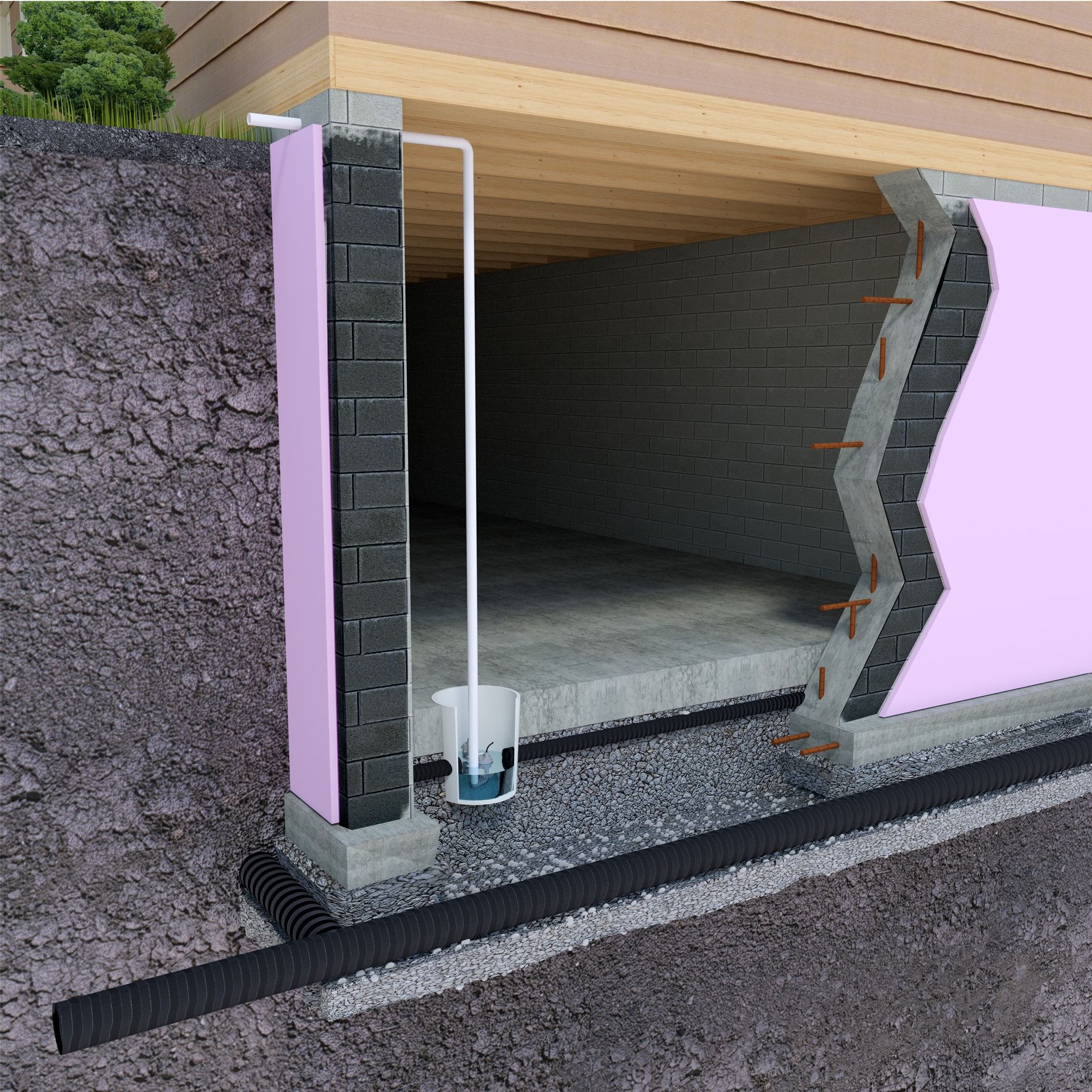
All Rights Reserved | The Basement Ace (Formerly Basement Authorities NH)
